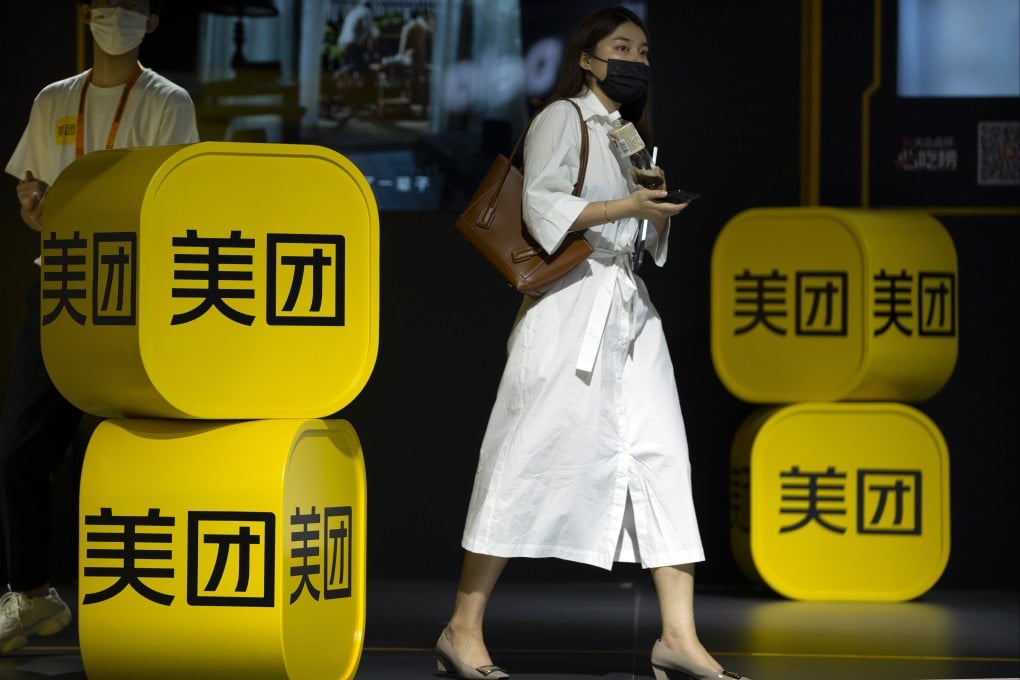Opinion | China’s crackdown on Big Tech firms isn’t scaring away bond investors
- Beijing’s bid to rein in the power of tech firms over anticompetitive behaviour and privacy concerns has not shaken the Chinese bond markets
- Data shows it still pays to bet on China, perhaps a tad more selectively and in a geopolitically sensitive manner, just as investors in Chinese bonds continue to do

The issue is more complex than many Western commentators have concluded. The evolving scenario requires a nuanced examination of the issues over the long term, particularly given the Chinese bond market’s less conspicuous response to the crackdown.
For example, the interbank bond platform used for trading Chinese bonds – the China Foreign Exchange Trade System (CFETS), which is an arm of the Chinese central bank – requires every bond transaction be recorded throughout the day.
That level of data capture is similar to that of the Trade Reporting and Compliance Engine platform. Developed by the Financial Industry Regulatory Authority, it has been a key tool in recording all secondary market transactions in the US, although the data releases in China are not yet on a tick-by-tick basis.